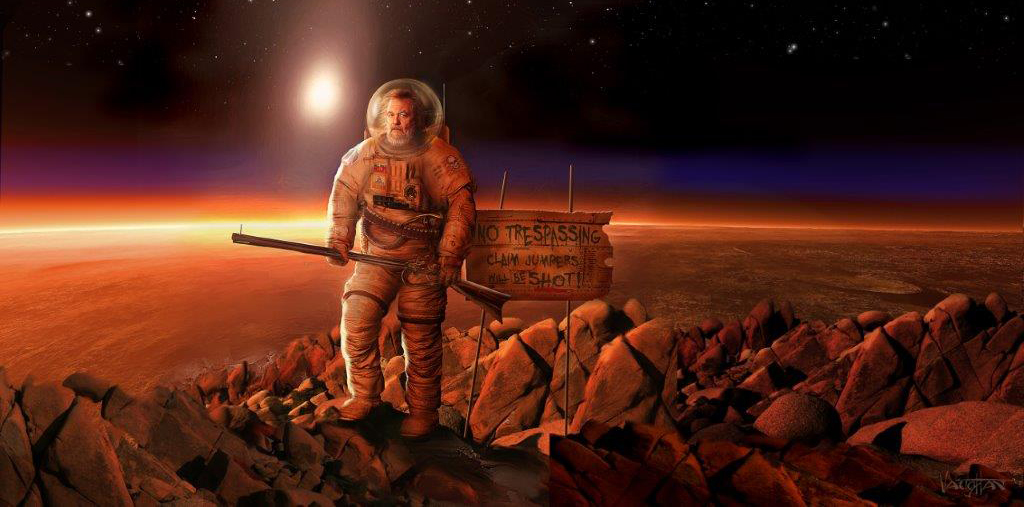The current global crisis triggered by Russia’s invasion of Ukraine has already spilled over into the space world and so international space law will assume every greater importance in the coming years.
This week the Institute of Air and Space Law at McGill University in Canada has announced that it is invigorating its work on the McGill Encyclopedia of International Space Law (MESIL).
First announced in November 2020, the McGill Encyclopedia is envisaged as the go-to resource for authoritative, peer-reviewed and reliable online resource on key subject matters of international space law.
Since its launch, MESIL has already attracted significant support from renowned members of the international space law community.
In early 2021, in recognition of this unique and first-of-its kind research endeavour, the project received a large injection of funding from the Social Sciences and Humanities Research Council (SSHRC), the Government of Canada’s funding agency that supports cutting-edge research and promotes the dissemination of transformational knowledge.
“With the ease of publication, particularly on the Internet, much publicly available literature on international space law tends to be biased and devoid of basic understanding of the norms of public international law, and relevant technical and scientific know-how of space science and applications,” said Prof Ram Jakhu, who is overseeing the project.
“The proliferation of space activities and actors brings the world a myriad of socio-economic and scientific benefits, as well as strategic and geopolitical concerns,” he added.
“In order to ensure the safety, security and sustainability of outer space, now more than ever before, it is vital that policy-makers, government officials, industry professionals, academics, and members of the public have ready access to clear and objective knowledge of the legal principles and norms governing activities in the shared global commons of outer space.”
Former Judge Abdul Koroma of the International Court of Justice says McGill is “well placed both with technical and academic resources” to undertake the direction, creation and curation of the McGill Encyclopedia.
Equipped with experience of over several decades in pioneering research in air and space law and in managing the multi-year projects, such as the McGill Manual on International Law Applicable to Military Uses of Outer Space (MILAMOS) that is soon coming to a close, McGill is well placed to address the void in and demand for neutral, objective and evidence-based knowledge on international space law.
In addition to the involvement and endorsement of a former judge, dozens of recognised academics and industry professionals are playing an active role in transforming the vision of the world’s first dedicated and objective reference material on international space law into reality.
With significant funding from the Government of Canada, institutional and financial support from the Faculty of Law at McGill University, Acting Director of the Institute Professor Ram Jakhu looks forward to receiving entries of the McGill Encyclopedia of International Space Law from well-recognised experts in the coming months.
Space law project receives significant boost











